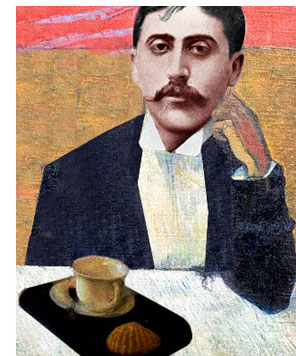I participated in the organisation of the project Oracoli. Saperi e pregiudizi al tempo dell’Intelligenza Artificiale, designed by the publisher Luca Sossella Editore with Emilia Romagna Teatro Fondazione and Unipol Gruppo. It is a series of lectures on the philosophical, historical, social, ethical and economic challenges connected to the emergence of artificial intelligence. I designed and edited a journal describing the project and expanding the reflection around the main issues it will address.
I also published an article in the online magazine CheFare, Oracoli’s partner, discussing how literature over time diversely imagined possible extensions, evolutions, empowerments and re-creations of the human mind and body. Continue reading


